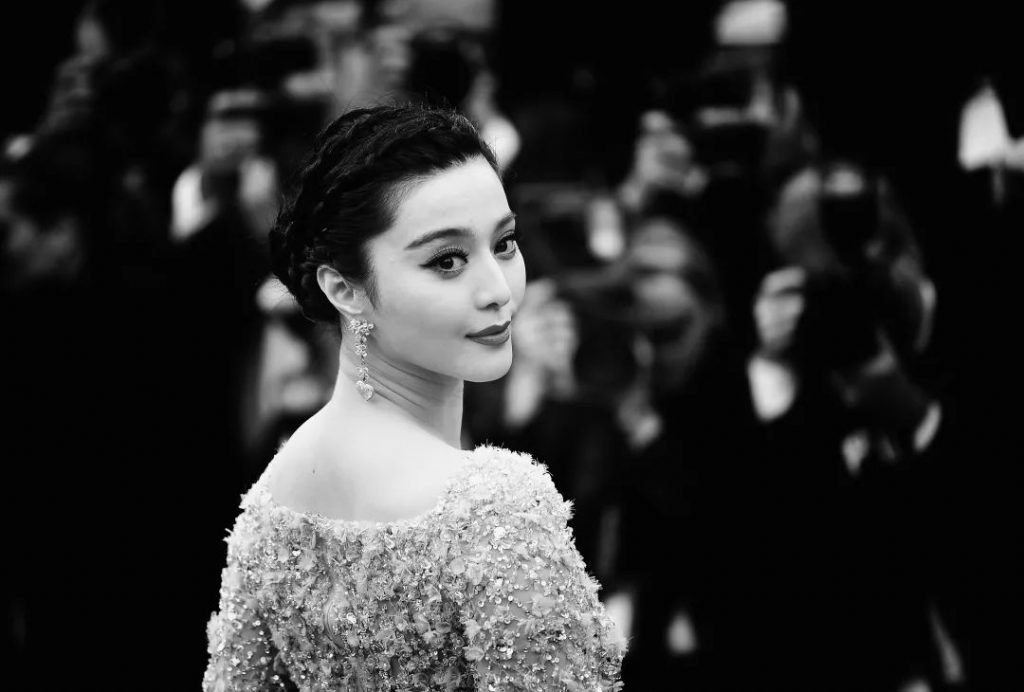This week, Vulture profiled the Boston-based startup SpottedRisk, which sells so-called ‘disgrace insurance’ to “entertainment companies and commercial brands, making the risk of celebrity downfall as quantifiable and reimbursable as that of floods and car crashes.” According to the piece, the startup logs correlates negative instances of public figure behavior with “224 attributes and risk factors,” pulling these into a database of nearly 27,000 individuals.
SpottedRisk is hoping to take advantage of the fact that — in the age of social media saturation — it is now nearly impossible for a Hollywood studio or professional sports team to keep transgressions by its high-profile ambassadors under wraps. While they’ve taken steps such as adding “moral clauses” into contracts and doing more research to identify “red flags” in an individual’s past, they’re also apparently warming up to the concept of “disgrace” insurance.
At the moment, the market currently has just a few serious players, all telling essentially the same story.
According to insurer CEG Worldwide’s website (emphasis ours),
Disgrace coverage includes protection from unlawful acts and offensive statements by a contracted spokesperson whose image has been licensed on consumer items, and insurance for a commercial campaign that fails due to a disgraceful act. In short, it protects against the exposure of a celebrity spokesperson who might behave in a disgraceful manner.
This insurance entitles companies to reimbursement for money paid to secure the disgraced celebrity’s endorsement, hire a substitute spokesperson, reshoot or reproduce the advertising material, and remove the spokesperson’s image from product packaging.
While it may be relatively new to mainstream attention, disgrace insurance has been a hot topic in Hollywood for some time. Bob Jellen, managing director of HUB Entertainment Insurance, told the crowd at the PGA’s 10th annual Produced By Conference that his company has written more than 4,000 such policies. Although he pointed out that they had only been invoked “five or six times,” though Jellen noted, “Because of the #MeToo movement,” Jellen said, “we’re seeing a lot more claims coming in.”
Celebrity scandal is by no means limited to American entertainment or sports, however. Companies from Nike and Adidas to Louis Vuitton and Chanel spend millions per year on celebrity endorsements, “brand ambassadorships,” and ad campaigns, effectively putting their faith in these individuals to reflect the brand in a positive light. But this doesn’t always pan out, and that’s true from Hollywood to Beijing.
Recent high-profile cases in which celebrities have gotten caught up in scandal in China illustrates that “disgrace insurance” could someday find fertile ground there. Last summer, superstar actress Fan Bingbing’s tax evasion scandal saw her disappear from public view for months and ultimately resurface to apologize and pay $129 million (approximately RMB 883 million) in fines and unpaid taxes. Previously the face of brands such as Louis Vuitton, De Beers, Guerlain, and Montblanc in China, Fan’s scandal showed that brands, as well as celebrity endorsers, are vulnerable.
A more recent — but also more innocent — example is 18-year-old celebrity Wang Yuan, face of Chopard and L’Oréal, whose “smoking scandal” briefly hit the news this year.
Basically, brands, now working with everyone from A-list celebrities and sports stars to micro-influencers in China, are vulnerable to getting caught up in scandals. The question is whether something like disgrace insurance could ever take root there. If it does, it will most likely be led by a domestic insurer, since foreign insurer market share is a paltry 2.2 percent for property and casualty insurers, according to EY 2015 figures. But little evidence exists whether disgrace insurance is something that will be — or will allowed to be — offered by insurers in mainland China anytime soon.
Another factor — the very nature of the Chinese system — also means scandals can be tamped down or scrubbed from social media sites in a way not possible in Western countries. For every Fan Bingbing-sized scandal we do hear about, there may very well be dozens we never hear about. So, while major luxury brands may like the idea of disgrace insurance in China, particularly when they’re spending millions to find just the right face for the brand in that crucial market, it may still be years away.
– This article originally appeared on Jing Daily.






